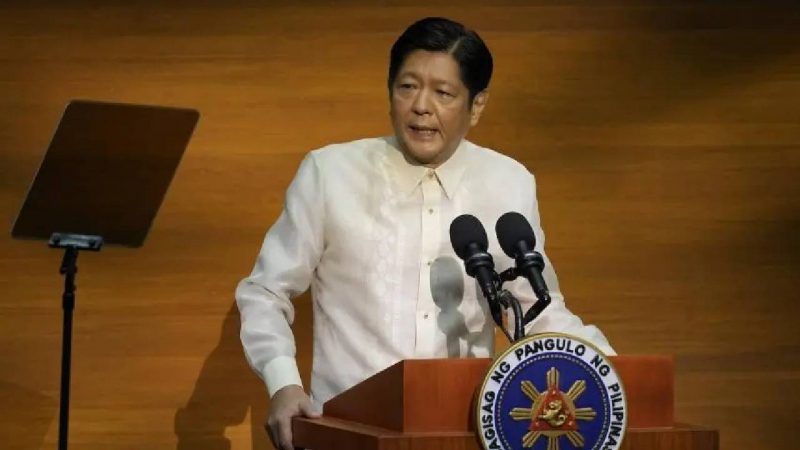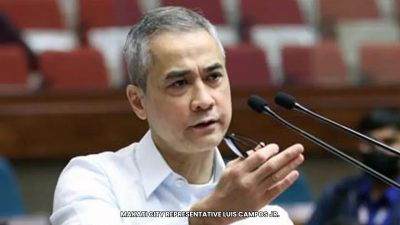President Ferdinand Marcos Jr. has granted his endorsement to the adoption of the National Security Policy (NSP) 2023-2028, aimed at effectively tackling the nation’s security challenges, as announced by Malacañang on Saturday.
Presidential Communications Secretary Cheloy Garafil stated that, through Executive Secretary Lucas Bersamin, Marcos signed Executive Order (EO) 37 on August 10, thereby endorsing and embracing the policy that “aligns with his vision of the Philippines that is free, united, secure, peaceful, resilient, and prosperous.”
Within his directive, the President instructed all national government agencies and entities, including government-owned or controlled corporations (GOCCs) and local government units (LGUs), to incorporate the NSP 2023-2028 into their security-related strategies and initiatives.
Marcos noted, “It is imperative to synchronize the government’s efforts concerning national security and ensure their harmony with the developmental aims and objectives outlined in the Philippine Development Plan 2023-2028.”
Additionally, the President mandated that the national government agencies and entities play an active role in executing the NSP 2023-2028, to achieve a comprehensive government-wide strategy to address national security concerns. This approach should be consistent with their respective mandates and areas of expertise or jurisdiction.
Under the section concerning reporting and oversight, the NSP 2023-2028 has been entrusted with conducting regular assessments and submitting progress reports to both the President and the National Security Council (NSC). It is also tasked with coordinating with various national government bodies.
“To fulfill this, the NSC, through the National Security Adviser (NSA), will oversee the implementation of the NSP 2023-2028. Following consultations and agreement with pertinent government entities, GOCCs, and LGUs, it will propose memoranda, circulars, and other directives related to its implementation for the President’s approval,” Marcos elaborated.
The formulation of the NSP 2023-2028 involved cooperation and consultation with key government bodies and entities, as well as the engagement of various stakeholders. This was aimed at offering comprehensive guidance and strategies to enhance governance within the security sector for effectively addressing national security challenges.
All strategies related to national security and the plans and initiatives of national government agencies and entities, including GOCCs and LGUs, are harmonized with the NSP 2023-2028 to ensure its successful implementation across all facets of government.
Effective immediately upon its publication in the Official Gazette or a widely circulated newspaper, EO 37, which was released to the public on August 12, will come into force. (ai/mnm)







